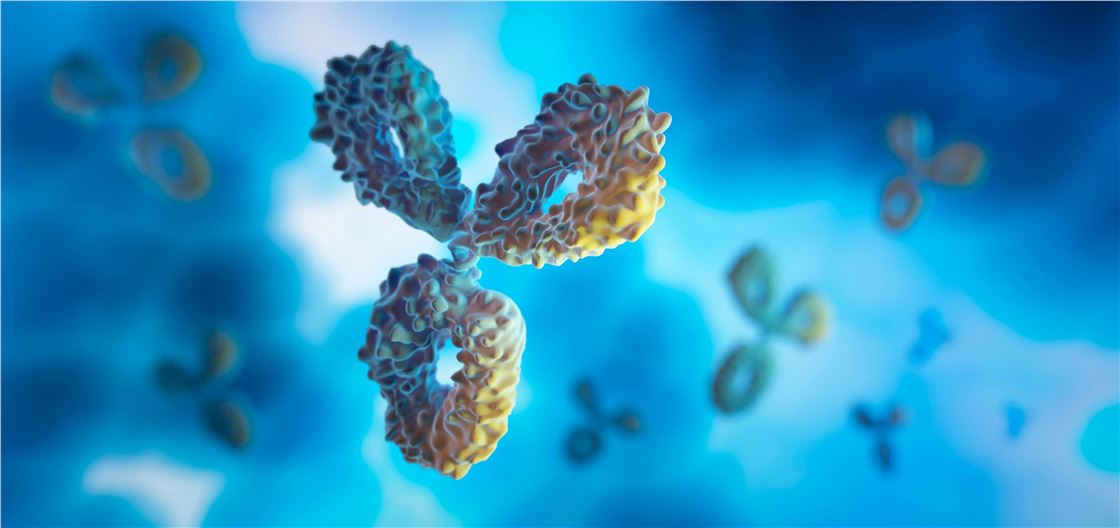Single-chain fragment variable (scFv) is a genetically engineered antibody, representing the smallest functional unit with antibody activity. Comprising the variable regions of both heavy and light antibody chains connected by a peptide chain, scFv possesses unique properties, including small molecular mass, strong penetration, short half-life, and low immunogenicity. Its significance in clinical diagnosis, treatment, and disease prevention. Especially with the discovery that the tumor microenvironment is weakly acidic, scientists have begun developing pH-sensitive biomolecules, resulting in the emergence of pH-sensitive scFv. pH-sensitive scFv retains the advantages of traditional scFv but also possesses the ability to target tumor sites, significantly enhancing its role in tumor diagnosis and treatment. Leveraging our extensive experience in the field and phage display platform, Creative Biolabs provides comprehensive services to support pH-sensitive scFv development.

The complete IgG antibody comprises two heavy chains and two light chains. It can be artificially modified to express only the variable region. The recombinant gene is formed by connecting the heavy chain variable region and the light chain variable region through a synthetic linker peptide gene, resulting in what is called scFv. scFv offers advantages such as a small molecular mass, strong penetration, and high specificity, making it essential for targeted therapy, diagnostic imaging, intracellular immunization, and biological detection. For example, in targeted therapy, drugs and toxins can be linked to scFv to create immunizing drugs or immunotoxins. These agents can then be specifically localized to target cells, carrying out specific immunocidal actions. In imaging diagnosis, by virtue of the strong penetration power of scFv, it exhibits a higher distribution in tumor tissues than intact antibody molecules. In radiographic imaging, radionuclides eliminated more rapidly, causing less harm to the body, allowing for tumor imaging and localization diagnosis. In the realm of intracellular immunity, scFv can be expressed intracellularly to diagnose and treat viral infectious diseases by recognizing virus-encoded proteins. Lastly, in bioassays, scFv's excellent affinity and ease of preparation make it an essential tool for rapid identification of harmful substances in food and water. Tumor cells possess a unique glycolytic pathway, leading to the formation of lactic acid and the creation of an acidic pH environment. This acidic environment fosters an inhibitory immune microenvironment, aiding tumor cells in immune escape and impacting the bioavailability of classical antibodies. pH-sensitive monoclonal antibodies play an pivotal role in tumor diagnosis and therapy, prompting scientists to focus on developing more pH-sensitive biomolecules. Among these, pH-sensitive scFv antibodies are a significant research area. Studies have demonstrated that pH-sensitive scFv can serve as an extracellular targeting structural domain for CARs. This allows selective delivery of CAR-T cells to tumor regions with low pH, offering a potent means to mitigate off-tumor toxicity to some extent.
At Creative Biolabs, we possess extensive knowledge and experience in pH-sensitive biomolecules. We are eager to share our expertise in pH-sensitive scFv discovery with you.
All listed services and products are For Research Use Only. Do Not use in any diagnostic or therapeutic applications.